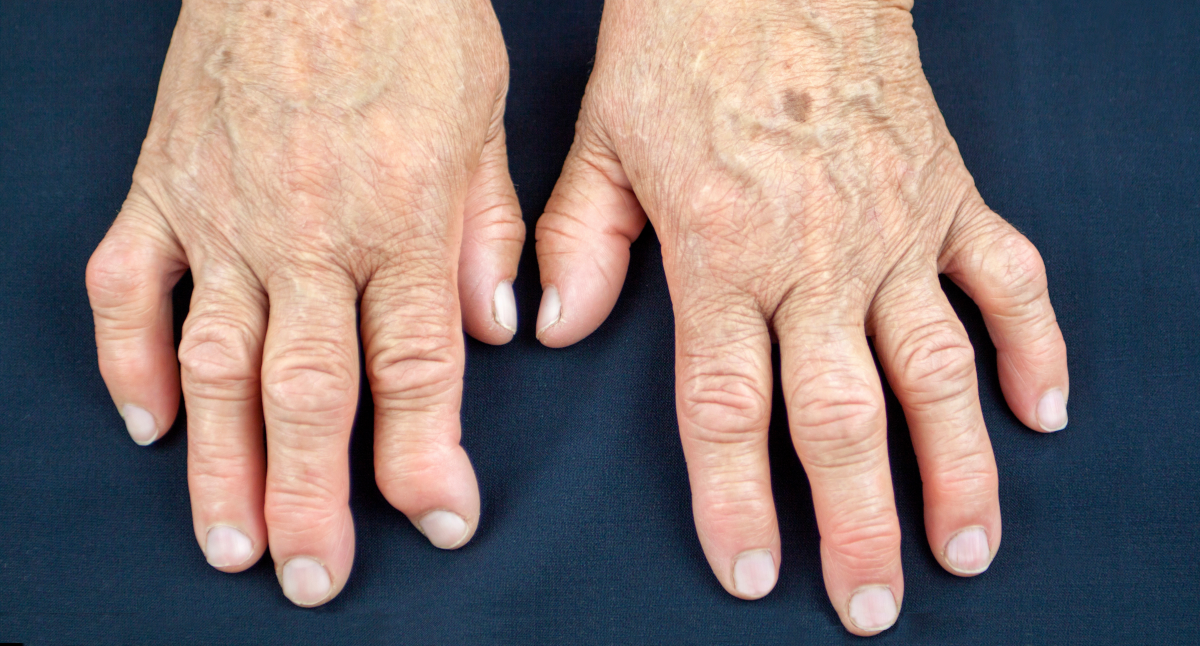
Rheumatoid Arthritis: Symptoms & Treatment
With SIMEDHealth Rheumatologist, Dr. Thomas Lafferty.
- What is rheumatoid arthritis?
Rheumatoid arthritis is an inflammatory disease which primarily affects the joints of the body and although, not as common, can also affect the internal organs. Rheumatoid arthritis most commonly affects joints of the hands and wrists but can affect the elbows and other joints.

- Who is at risk for rheumatoid arthritis?
Women tend to be more affected by rheumatoid arthritis, but men can suffer from it as well. Smoking is a known risk factor for developing rheumatoid arthritis.
- What are the signs and symptoms of rheumatoid arthritis?
Rheumatoid arthritis classically presents with joint stiffness greater than 30 minutes upon arising (“morning stiffness”) with swelling in the joints of the hands and wrists.
- How is rheumatoid arthritis diagnosed?
Rheumatoid arthritis usually is suggested by the history and physical findings, and the diagnosis is confirmed by certain abnormalities in blood tests. A history of morning stiffness, along with swelling and pain in the joints is suggestive of the diagnosis.A rheumatoid factor test is almost always abnormal (positive) in rheumatoid arthritis but by itself it is not necessarily diagnostic. Other tests are often ordered to confirm the diagnosis. Also x-rays of the affected joints can suggest the diagnosis, although x-rays may not always show changes early in the disease.
- What treatment options are available?
Treatment options are aimed at controlling pain and swelling in the joints but also to prevent worsening of the condition long-term. Hydroxychloroquine (Plaquenil) can be used early in the disease, especially in mild states of the disease. Methotrexate is a medication often used in more active disease.If patients do not respond to these agents, we would consider using so-called “biologic” medicines, such as etanercept (Enbrel), adalimumab (Humira), both of which are injectable medicines, or infliximab (Remicade), which is an intravenous medicine. There are other less commonly used agents available, and others in research pipelines.
- What steps should be taken if a person suspects they might have rheumatoid arthritis?
If a person suspects they might have rheumatoid arthritis, they should contact their primary physician with their concerns. If the primary physician agrees that there is a suspicion of rheumatoid arthritis, the physician can consult a rheumatologist to help confirm diagnosis and help with planning a treatment regimen for the patient.
To learn more about Dr. Thomas Lafferty, click here.
To schedule an appointment with SIMEDHealth Rheumatology, click here.